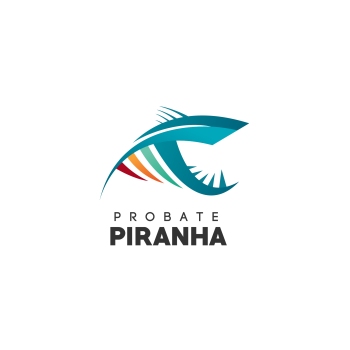
I have to admit up front that I’m a Texas Board Certified Estate Planning & Probate Attorney. I’m also a CPA. Like the CPA exam – only the strong survive the Board Certification process. Yes, it is hard to quality and even after you have the professional relationships and experience, the exam is really hard. I believe that Board Certified Attorneys are like the Jedi Knights of the legal profession. In an age of DIY and form services we select few are dedicated to the “craft” of law.
The Answer – why would you not want to Use a Texas Board Certified Estate Planning and Probate Attorney.
Consider the following facts from the Texas Board of Legal Specialization:
• There are more than 100,000 attorneys licensed to practice in Texas. Only 7,450 are Board Certified.
• Only Board Certified lawyers earn the right to publicly represent themselves as a specialist in a select area of the law. In fact, they are the only attorneys allowed by the State Bar of Texas to do so. This designation sets them apart as being an attorney with the highest, public commitment to excellence in their area of law.
• The process is voluntary and can only take place after an attorney has been in practice for five years, with a minimum of three years experience in the specialty area.
• Board Certification is not a one-time event. It requires an ongoing involvement in the specialty area which is periodically substantiated with references from peers in that field. It also requires annual professional refreshment through Texas Board of Legal Specialization approved, continuing legal education course work to stay abreast of current trends in law.
See http://www.tbls.org/. Also, see this site to find a Texas Board Certified Attorney.
The following is for informational purposes only, shall not constitute legal advice and does not constitute the establishment of an attorney-client relationship. More importantly, the following information is not a substitute for a Board Certified Texas Estate Planning & Probate Attorney. You should always consult with a qualified attorney.
Find more at http://www.wrightprobate.com. A website of the Wright Firm, LLP network http://www.thewrightlawyers.com.

